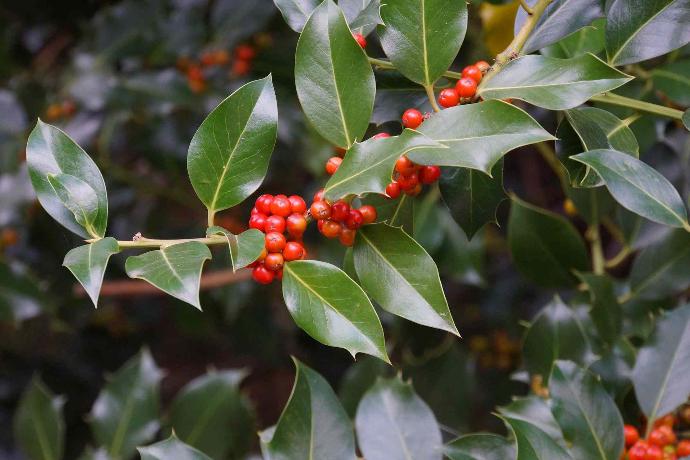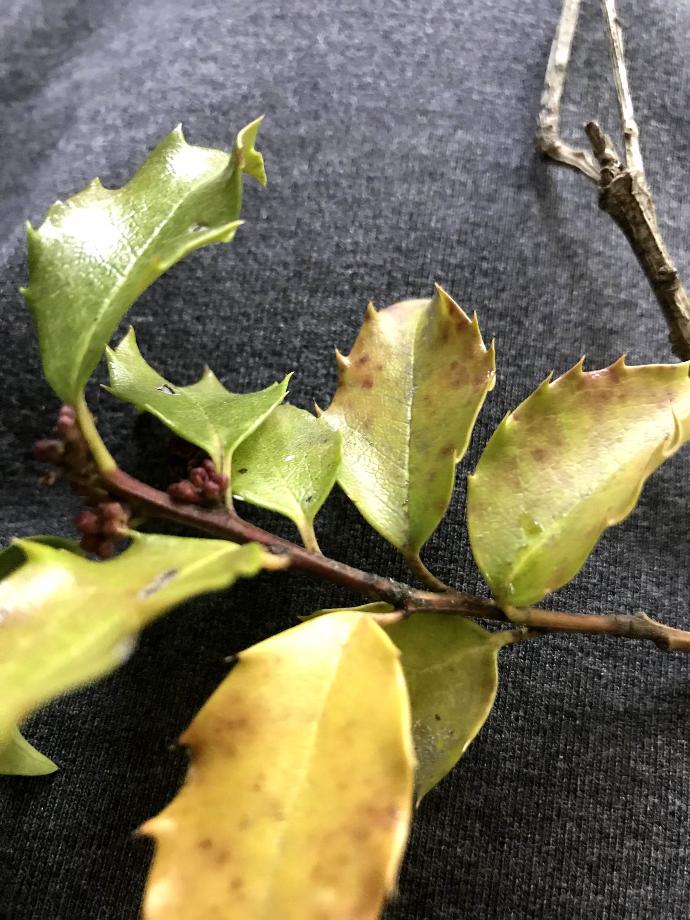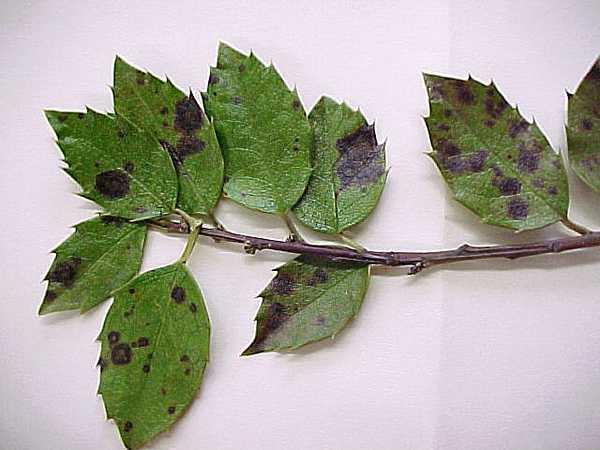English Holly Plant
English Holly (Ilex aquifolium) is a tree/shrub that grows 15-50 ft tall, hardy in USDA Zones 6-9, prefers well-drained, acidic soil, full sun to part shade, medium to high moisture, edible berries, and has medicinal uses.

Habit
Tree/Shurb
Height
2-4 m
Growth
Slow
Soil
Well-drained, acidic soil
Shade
Full sun to part shade
Moisture
Medium to high
Edible
Yes, berries
Medicinal
Yes
Origin
Europe
Climatic Condition
Temperate
Temperature (°)
10-20°C
Humidity (%)
60-70%
Potting media
Garden soil
Fertilizers
Balanced fertilizer
Watering
Regular watering; well-drained soil
Plant Weight
1-2 kg
Flowering Time
Winter to Spring
Soil Ph level
5.0 - 6.5
Water Ph level
6.0 - 7.0
Soil EC
0.3 - 0.5
Yield Per Plant
Ornamental use
NPK ratio
10:10:10
life Span
Evergreen
Health Benefits
Used for ornamental purposes; berries are toxic
Suggested Grow Media or Potting Mix ?
50% loamy soil, 30% compost, 20% sand
Suggested Fertigation/Fertilizers
Fertilize every 4 weeks with a balanced fertilizer.
Common Diseases and Remedies
Leaf Spot, Powdery Mildew, Canker, Tar Spot, Root Rot
Dark spots on leaves, White, powdery growth on leaves ,Branch dieback, sunken lesions, Raised black spots on leaves ,Yellowing leaves, wilting
Remove and destroy infected leaves, Neem oil, sulfur, Prune and dispose of affected branches, Remove and destroy infected leaves, Improve soil drainage, avoid overwatering
Fungicides with copper, Fungicides with myclobutanil ,Fungicides with thiophanate-methyl, Fungicides with mancozeb, Fungicides with mefenoxam
HEALTH BENEFITS
· Leaves have been used in folk medicine for fevers and rheumatism.
· Some compounds show potential anti-inflammatory effects.

